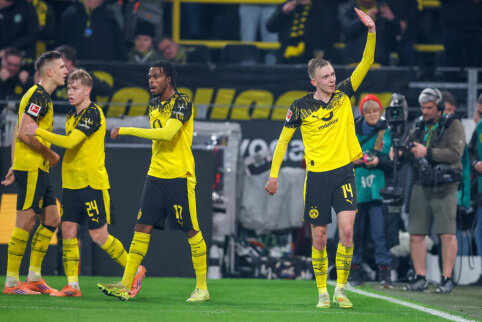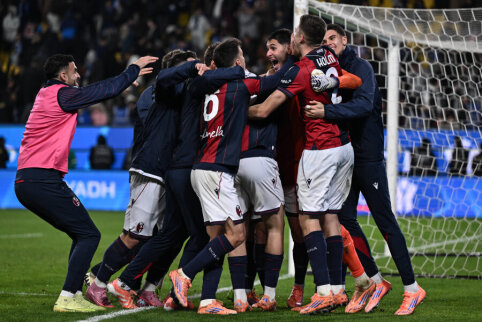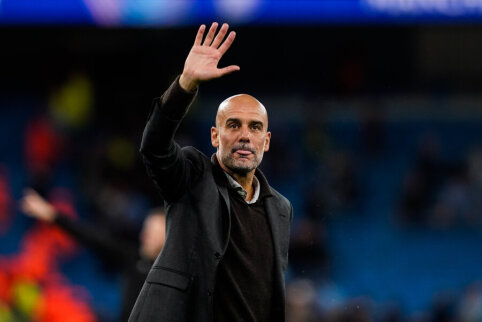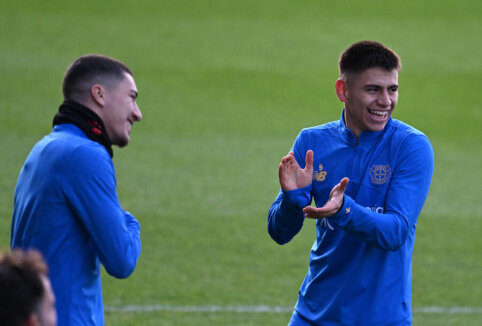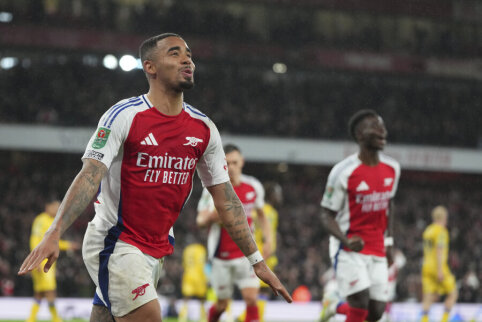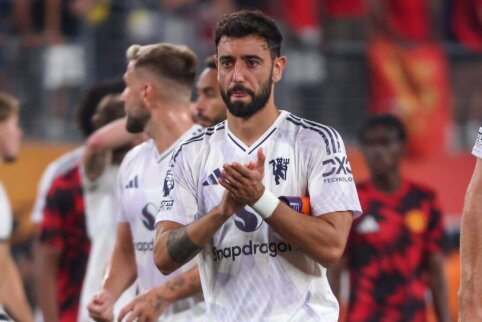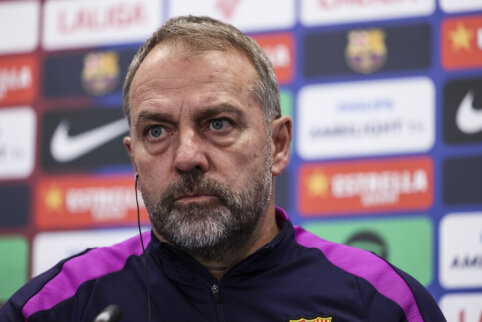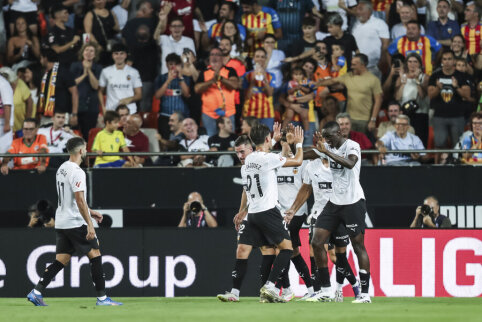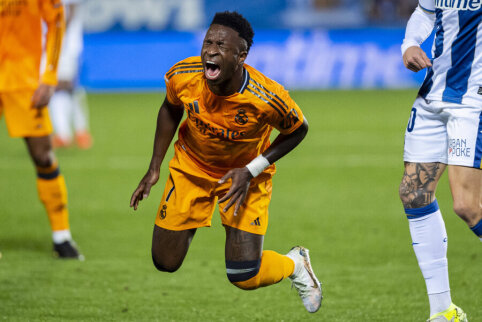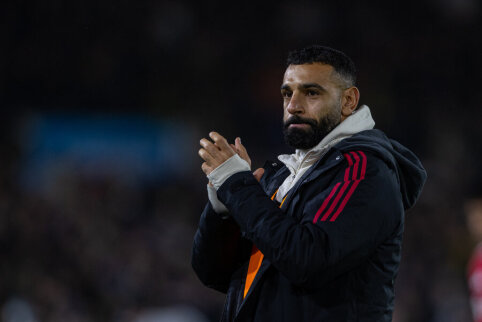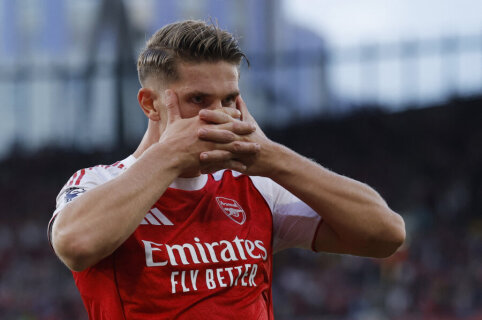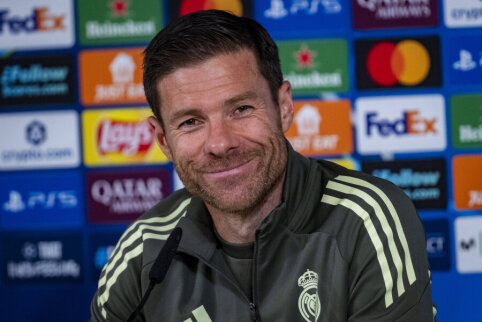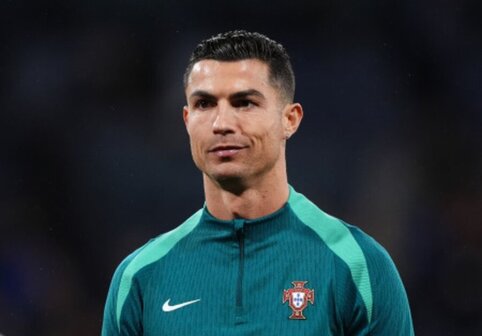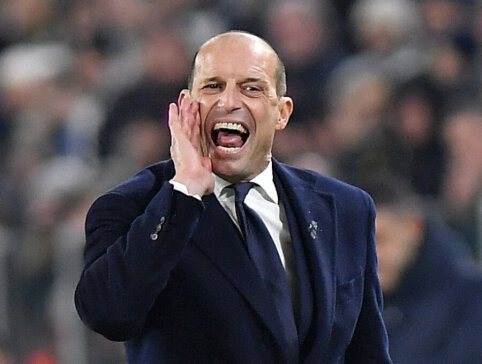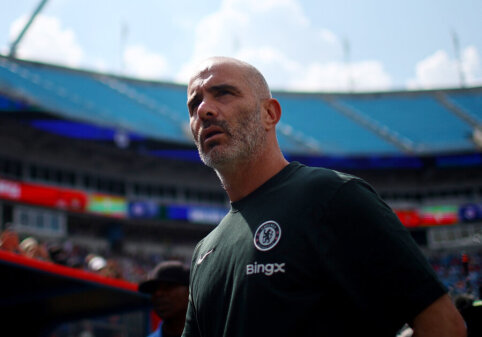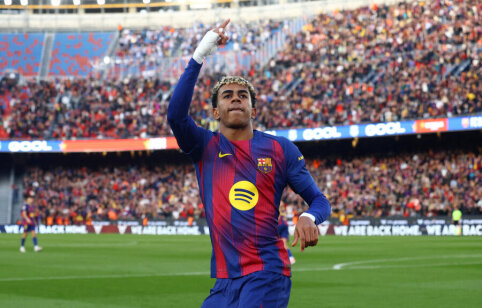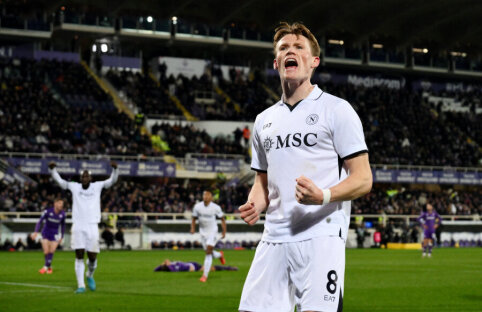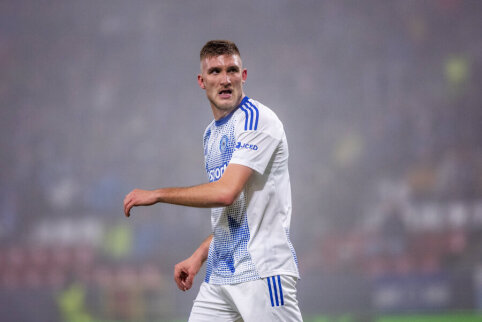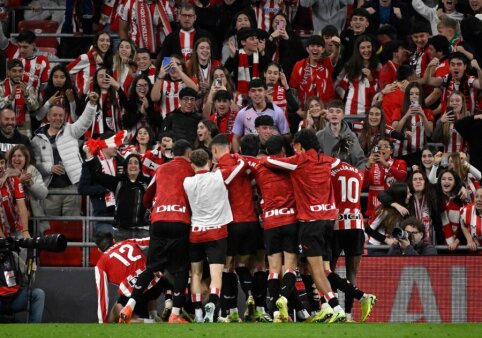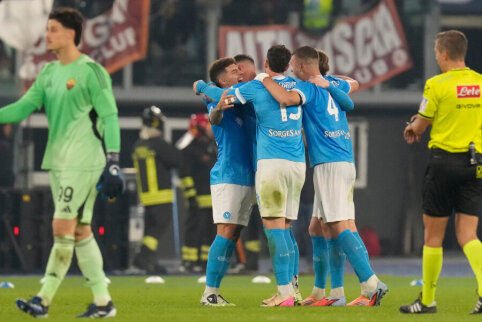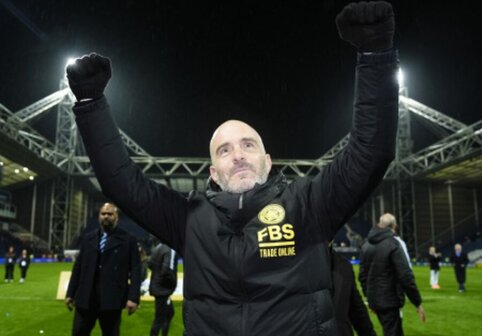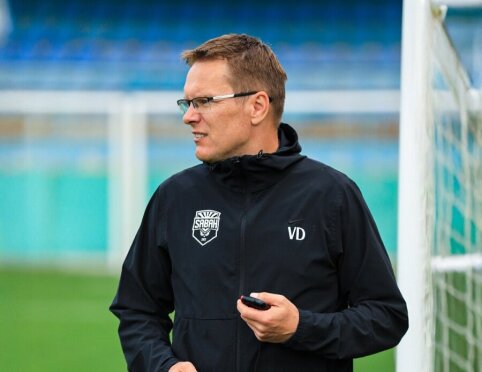
In St. Petersburg and hosting the world football championship, the "Zenit" stadium became a special place for the German national team and its fans last year – for the first time in history, the Confederations Cup trophy was won. However, unlike other countries that sent their national teams to the tournament, Germany brought not the same team that lifted the World Cup in 2014. The team assembled by coach Joachim Low silenced his critics last year. The team, which did not have stars like Jerome Boateng, Mats Hummels, Toni Kroos, Mario Gomez, Mesut Ozil, Mario Gotze, Thomas Muller defeated the best teams who brought their top players from Mexico and Chile. Interestingly, the team's coach did not even have complete freedom of choice, as at the same time the U-21 championship was taking place in Poland. Therefore, deciding to give a chance to a less strong team composition, J. Low had to choose from a restricted player pool, as some of the most talented young Germans at that time could not join the team. The fact that the Confederations Cup was won not by the strongest second German team shows the phenomenal level achieved by the German football school. Today, in the match against Mexico in the 2018 World Cup, the Germans proved that their status as favorites can be maintained even after losing a significant detail from the 2014 championship team. Rich history A very important factor that led to such positive changes is the Germans' love for football and the history of titles that have been earned. Since Germany first participated in an international tournament in 1908, the World Cup has been won four times (1954, 1974, 1990, 2014) and the European Championship has been won three times (1972, 1980, 1996). It is worth mentioning that Germany had three unsuccessful appearances in the finals of the European Championships and lost in four World Cup finals. In fact, in the World Cups, Germany finished third four times – Germans were in the top three teams 12 times out of the 18 championships they participated in. Germany is one of the four teams, along with Brazil, Argentina, and France, which have won the three largest FIFA-organized men's football tournaments – the World Cup, the Confederations Cup, and the Olympic Games. However, after World War II until Germany was reunified, the German teams competed in the World Cup under the name of the German Federal Republic or simply West Germany, and flag. While West Germany dominated the world, the East German national team also won a serious title – triumphed at the 1976 Olympic Games in Montreal, Canada. The unification slogans The last major trophy before Germany was reunified was the World Cup in 1990. The next tournament, the 1994 World Cup in the USA, Germany lost 1:2 in the quarterfinals to Bulgaria, and four years later at the same stage of this tournament, the Germans were swept away 3:0 by the Croatians. However, in 2002, the final was reached, but for the first time in history, the qualification for this tournament was achieved through a play-off round. By the way, even the final was not reached without difficulty – after three victories with minimal results of 1:0. The national team of this composition had a completely different performance in the European Championship after the reunification of Germany. In 1992, they reached the final, and four years later in England, they became champions of the Old Continent. However, Germany faced a major setback in 2000 and 2004, when the national team failed to advance from the group stages in the tournaments. After such failures, it became clear that changes were needed. When Jürgen Klinsmann became the coach of the team, changes began. In 2006, he managed to lead the team to third place at the championships held in his homeland. But the golden age came when J. Low became the coach. His first attempt was unsuccessful, when in the 2008 European Football Championship, the team lost only in the final to the Spaniards. The same Spaniards were defeated after two years in the semifinals of the World Cup. The consolation was the third place, when Uruguay was defeated in the small final. Despite his unsuccessful attempts to break the semifinal curse, J. Low failed to break it in the European Football Championship in 2012, when the team lost to the Italians, but no one demanded the coach's head because of the improving and solid football of the team. Eventually, this patience paid off two years later when the Germans could lift the champions trophy again. This team not only became the first European team to achieve this in South America, but also humiliated the host Brazil with a score of 7:1 in the semifinals. After this championship, with some important veterans leaving the team, J. Low's team fell into a playing rut, but they managed to get out and qualify for the European Championship. Although the team showed solid performance in this tournament, a loss in the semifinals to the hosts, France, dashed all their hopes. Due to such stability and high results, the Germans are rightly considered one of the favorites of the tournament this year, and the company "Betsafe" evaluates their chances at 20 percent. The most important thing – young players Victories are the public face of all this, but behind it is years of work with young players. After the fiasco of 2000, ways were sought to raise a new, competitive generation of players. Eventually, attention turned to the Bundesliga clubs. To play in the top German football league, they had to have youth football academies – the country began to see more and more young players who excelled at football. Germany could reap the benefits of this four years ago, when the core of the team consisted of no less than seven members of the U-17 German national team, which triumphed in Europe in 2009: Manuel Neuer, Jerome Boateng, B. Howedes, Mats Hummels, Sami Khedira, M. Ozil, and Mario Gotze. It is also telling that German clubs greatly value their players – last year, in the top German football league, 47 percent of players were locals, while in England they made up only a third of all players. Interestingly, all age group national teams play in a 4-2-3-1 format, and the abundance of coaches all over Germany adds to the training that is suitable for the national team's format – almost 35 thousand coaches are registered there, while in England the number does not exceed 3 thousand. This choice is extremely beneficial for the team's renewal. The youth and newcomers will be full in the national team even this year – as many as 13 footballers will play in the World Cup for the first time, while only 9 players witnessed the triumph in 2014. This team packed with equally talented players is even a headache for the team's coach. J. Low received a lot of criticism for not taking Leroy Sane, who contributed significantly to Manchester City's championship title, to Russia. The absence of this attacking full-back and the very active German player could be felt in the team, according to Algimantas Liubinskas, who coached the Lithuanian national football team twice. "They don't have a distinct striker, and it is not clear whether Manuel Neuer will be in goal. Besides, I don't think everything is fine with the defensive line," - said A. Liubinskas. The question about the 32-year-old M. Neuer arises for the coach not by chance – the German playing for Bayern Munich only managed to return to the field after an 8-month break due to injury. The lack of playing experience can come at a cost. However, replacing this player is still possible – 26-year-old Barcelona goalkeeper Marc-Andre ter Stegen and 27-year-old Kevin Trapp representing Paris Saint-Germain are waiting for their chance. Despite the drastically changed composition compared to the previous World Cup, and the controversial decisions of J. Low, A. Liubinskas believes that the Germans, who hold the first place in the FIFA rankings, will play in the final. The probability that the Germans will take the first place in Group F and have better positions on the way to the final reaches up to 72 percent. And their chances of winning the tournament are even evaluated at 20 percent. According to A. Liubinskas, on the way to the final, the Germans will defeat national teams such as Serbia, Belgium, and Spain, but they will not become champions. The laurels are hung on the Brazilians, whose chances are also evaluated as 20 percent. However, as he himself says, everything can turn around, and the fans may see more than one surprise.
alfa.lt
